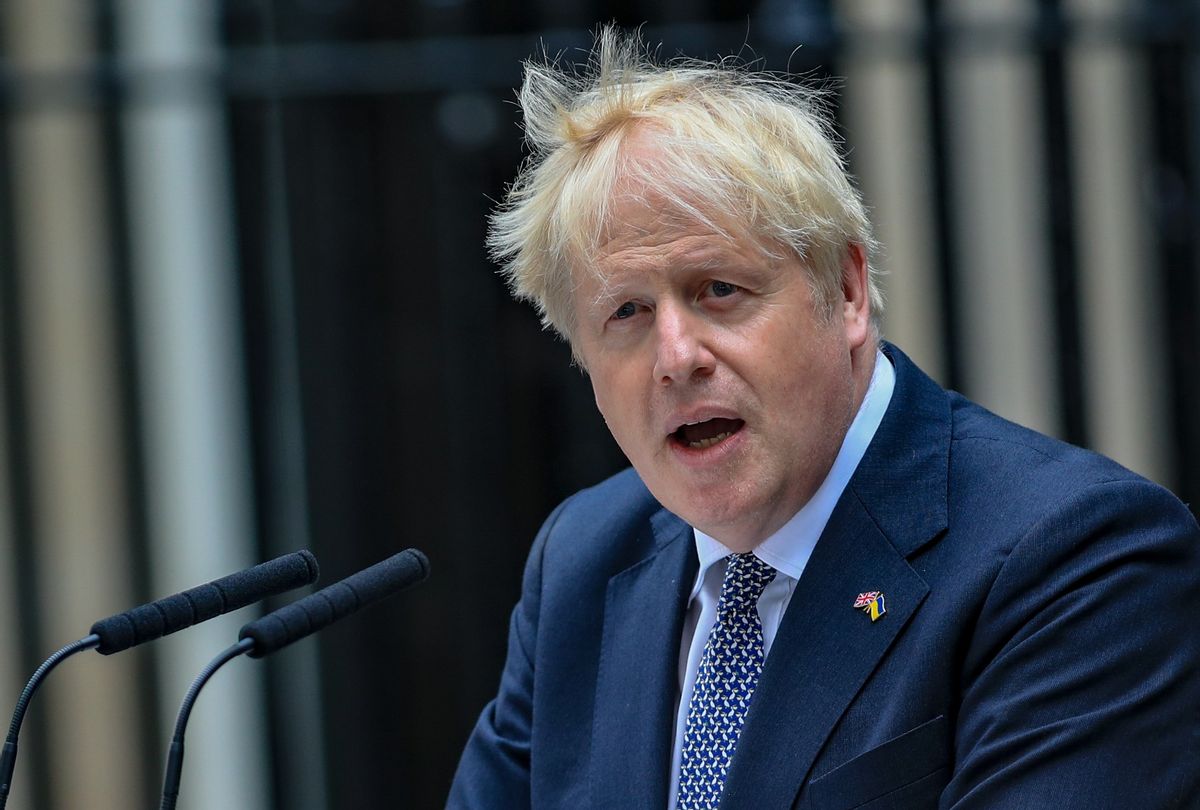Former Prime Minister Boris Johnson, who passed a controversial law requiring a photo ID to vote, was turned away from a South Oxfordshire polling place Thursday for leaving his at home.
The former Conservative Prime Minister couldn’t cast a ballot for the district’s police and crime commissioner as polling place staff were legally mandated to deny him, AP News reports.
Johnson, who served as Prime Minister of the United Kingdom from 2019 to 2022, pushed the 2022 Elections Act through the Conservative-led parliament. Thursday was the first election in which the bill governed vote-casting, two years after fielding criticism from the U.K.’s Electoral Commission and advocates for the potentially discriminatory effects of such a scheme.
Also included in the bill were provisions to change elections for mayoral and police commissioner positions to a first-past-the-post system, where the candidate with the most votes takes the seat, much like in the United States.
Moving from the previous supplementary–or ranked choice–system, Johnson’s government was accused of changing the rules to benefit Tory candidates.
Johnson, unlike the up to two million British voters without a photo ID who were effectively disenfranchised by the law, was able to vote later in the day once he retrieved his ID. Johnson resigned from the Prime Minister role in 2022 plagued by scandal, and ultimately left Parliament in 2023 during an investigation into ethics violations as Prime Minister.

Shares